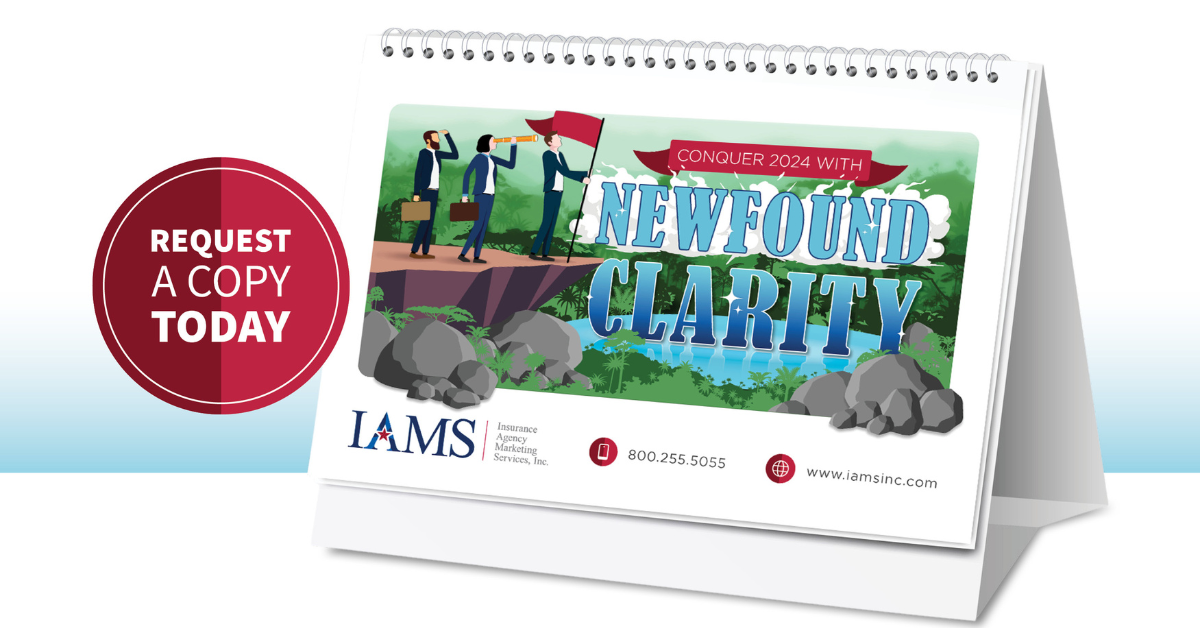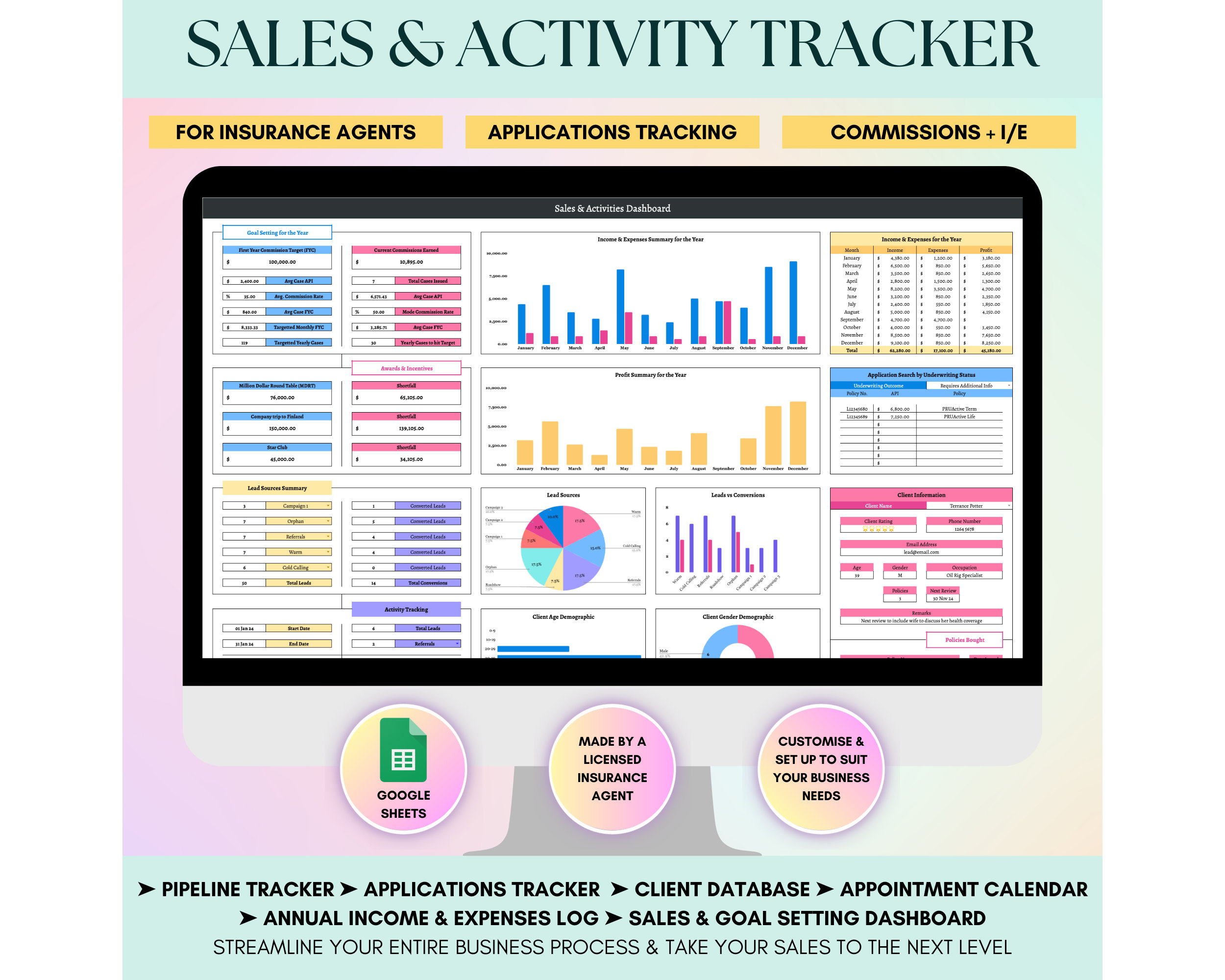To develop a comprehensive marketing calendar for insurance agencies, start by clearly defining your marketing goals and target audience, then plan and schedule multi-channel marketing activities aligned with those goals throughout the year. Use a structured calendar—digital or physical—to organize campaigns, content types, key dates, and responsible team members, ensuring consistent branding and timely execution.
Key steps and considerations include:
-
Set Clear Marketing Goals: Define measurable objectives such as increasing brand awareness, generating leads, or improving client retention to guide your calendar planning.
-
Segment Your Audience: Create buyer personas based on demographics, interests, and needs to tailor your marketing messages effectively.
-
Choose Your Marketing Channels: Incorporate social media, email marketing, paid ads, and traditional methods to reach your audience across multiple touchpoints.
-
Create Content Themes and Ideas: Plan content around relevant insurance topics, seasonal events, holidays, and industry changes. For example, January content might focus on new insurance policy changes, behind-the-scenes agency insights, or small holidays like Trivia Day or National Pharmacist Day.
-
Develop a Social Media Content Calendar: Organize posts by platform, content type (educational, tips, announcements), and schedule publishing dates. Include images, links, and post details to streamline execution.
-
Use Tools and Templates: Utilize Excel, Google Sheets, Trello, HubSpot, or marketing software to build and share your calendar. Templates help track deadlines, campaigns, and team responsibilities.
-
Include Key Industry Dates: Mark important insurance deadlines such as Open Enrollment Periods, certification dates, and product launch dates to ensure timely communications.
-
Monitor and Adjust: Regularly review performance data and market trends to refine your calendar and marketing strategies.
-
Maintain Consistent Branding: Ensure all content reflects your agency’s brand identity to build trust and recognition.
By following these steps, insurance agencies can create a detailed, actionable marketing calendar that drives engagement, educates clients, and supports business growth throughout the year.





